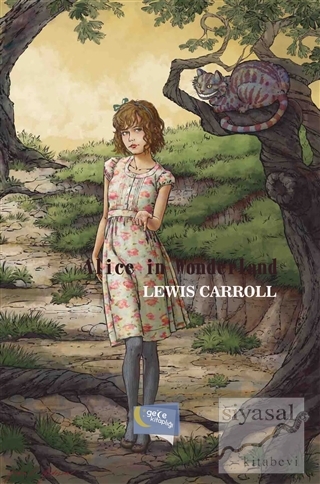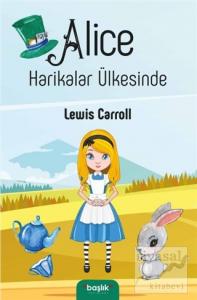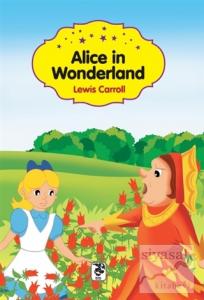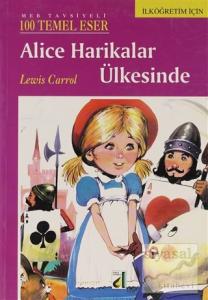
On a golden afternoon, young Alice follows a White Rabbit, who disappears down a nearby rabbit hole. Quickly following him, she tumbles into the burrow - and enters the merry, topsy-turvy world of Wonderland.
A series of whimsical escapades and nonsensical obstacles dictate Alice's journey, which culminates in a madcap encounter with the Queen of Hearts - and her army of playing cards! Is it all a dream, or just an alternate reality...?
Late in 1871, a sequel-Through the Looking-Glass and What Alice Found There – was published. (The title page of the first edition erroneously gives "1872" as the date of publication.) Its somewhat darker mood possibly reflects the changes in Lewis Carroll's life. His father had recently died (1868), plunging him into a depression that lasted some years.
Alice was beginning to get very tired of sitting by her sister on the bank, and of having nothing to do: once or twice she had peeped into the book her sister was reading but it had no pictures or conversations in it.
On a golden afternoon, young Alice follows a White Rabbit, who disappears down a nearby rabbit hole. Quickly following him, she tumbles into the burrow - and enters the merry, topsy-turvy world of Wonderland.
A series of whimsical escapades and nonsensical obstacles dictate Alice's journey, which culminates in a madcap encounter with the Queen of Hearts - and her army of playing cards! Is it all a dream, or just an alternate reality...?
Late in 1871, a sequel-Through the Looking-Glass and What Alice Found There – was published. (The title page of the first edition erroneously gives "1872" as the date of publication.) Its somewhat darker mood possibly reflects the changes in Lewis Carroll's life. His father had recently died (1868), plunging him into a depression that lasted some years.
Alice was beginning to get very tired of sitting by her sister on the bank, and of having nothing to do: once or twice she had peeped into the book her sister was reading but it had no pictures or conversations in it.






























